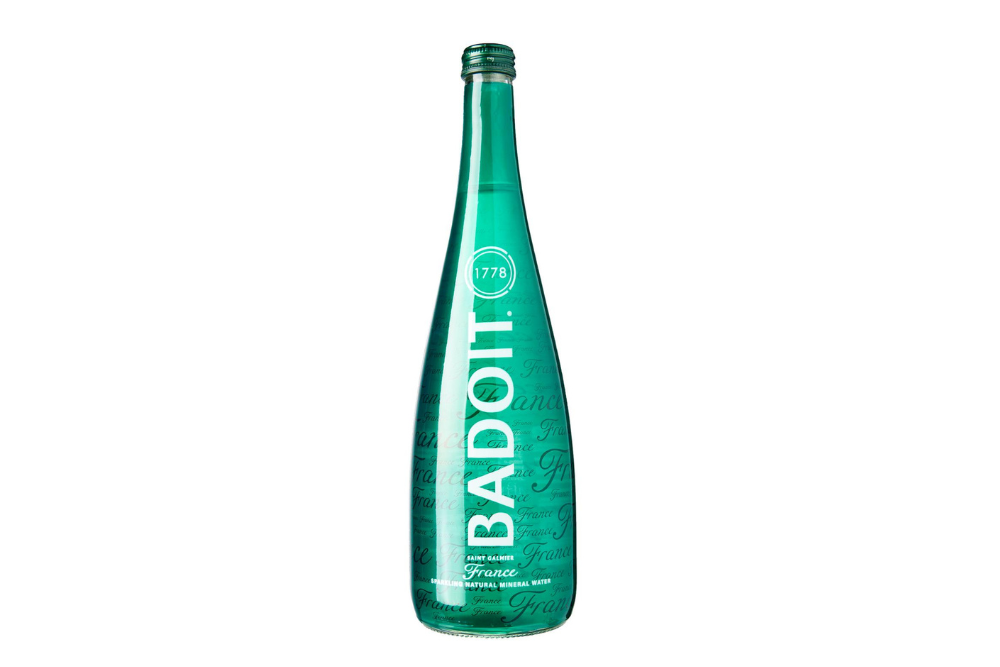Minerality
Water's subtle taste and terroir are determined by the type and amount of minerals it contains. The minerals these natural waters contain were imparted to the water by the land from which the water filtered through. They are all from a natural, real source, that gives the water different character and health benefits. The minerals in these natural waters are essential and valuable to our bodies functions.
The amount of minerals in water can be measured by TDS (mg/l). Waters with a low TDS are comparable to white wine. They can have a clean and neutral taste with less weight. Waters with high TDS are comparable to red wines. They can be bold, complex or have a more substantial mouth feel.
Here are some example waters from some of the various mineral level categories
How water gets minerals
Water is evaporated into the air and then rained down on various places on the earth. The water percolates through the layers of soil, clay & rock coming to the surface as a spring or staying underground in an aquifer. This contact with the earth not only takes the impurities out of the water but it also adds essential minerals to the water that were contained in the soil and rocks.
Minerals that are in water
Calcium
Your heart, muscles and nerves need calcium to function properly. Some studies suggest that calcium, along with vitamin D, may have benefits beyond bone health: perhaps protecting against cancer, diabetes and high blood pressure.
Magnesium
Magnesium helps regulate digestive enzymes, plays a role in improved sleep & stress response systems and can also be used as a laxative. Most population groups do not get the recommended daily value of Magnesium so mineral water can be a great calorie free source that contributes to optimal magnesium supply.
Chloride
Chloride carries an electric charge and therefore is classified as an electrolyte, along with sodium and potassium. It helps to regulate the amount of fluid and types of nutrients going in and out of the cells. It also maintains proper pH levels, stimulates stomach acid needed for digestion, stimulates the action of nerve and muscle cells, and facilitates the flow of oxygen and carbon dioxide within cells.
Bicarbonate
A substance called a base, which the body needs to help keep a normal acid-base (pH) balance. This balance prevents your body from becoming too acid, which can cause many health problems.
Silica
Silica helps support the production of collagen and improve skin hydration. Silica present in drinking water may be protective with respect to the decrease of cognitive function. Risk of Alzheimer's disease was reduced in subjects who had the higher daily silica intake compared to the others. Potential benefit of silica needs to be confirmed in additional investigations






